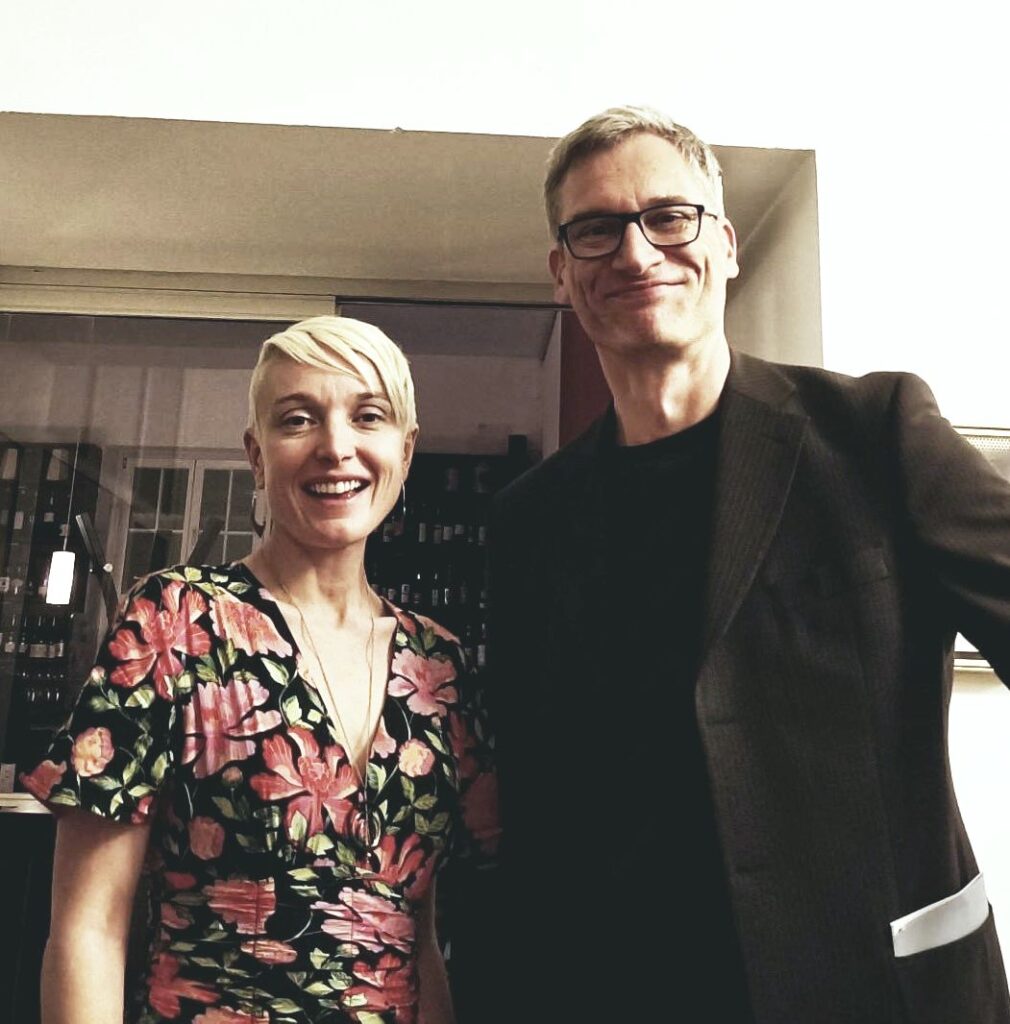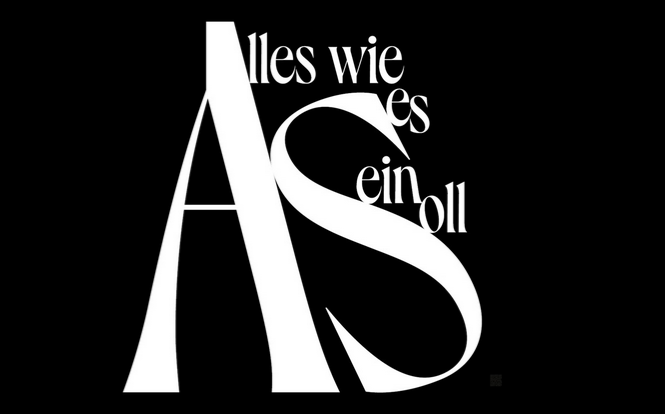Translating for a World Premiere

Dramaturge Katharina Rösch was able to convince the new management at Theater Essen to commission London playwright Dawn King to write a play. The team for the production is the same one that already proved itself in 2022 at the Düsseldorf Schauspielhaus with Dawn’s play Das Tribunal (The Trials). Adrian Figueroa is directing, Irina Schicketanz is designing the costumes for the Stadt-Ensemble and the stage in the Maschinenhaus, Ketan Bhatti is composing the music for the future and the present, and I am translating it.
This puts me in a rare and welcome position. Apart from the fact that literary translators in all areas are generally undervalued and underpaid, theater translators are almost never involved in the actual production process. Regardless of their availability and expertise with the material, they are not considered part of the team. Not so in this case.
Last summer, author Dawn King was commissioned to write a play for Theater Essen and its Stadt-Ensemble Plus. In 2022, the Stadt:Kollektiv ensemble of Düsseldorfer Schauspielhaus was involved in Das Tribunal with a large cast of more or less amateur young people. That worked wonderfully. Dawn had managed to create many roles with very brief dialogues that were nevertheless individual. With Alles wie es sein soll, she has now created a large play on two time levels, showing an older female protagonist coming to terms with imminent death and two families of adults and young people struggling with the issues of their time, fear of the future, generational conflicts, confrontation with loss and becoming parents.
The first version was discussed several times among author, director, and dramaturge in the fall of 2024 before I received a version that everyone felt comfortable with as a rehearsal version. I translated this first. Because I received it a little later than planned, there was less time to clarify all the questions, so Katharina and I decided the most important ambiguities a few days before rehearsals began. This included the title A Brilliant Design, which didn’t work in German because the words ‘design’ and ‘brilliant’ do exist in German, but have slightly different meanings than the English title implies. In the end, we agreed on my suggestion ‘Alles wie es sein soll’, which is derived from a translation option of the relevant passage.
The first rehearsal in December, when we all heard the text read by the ensemble for the first time (even Dawn had never heard her English text read out loud before), provided an opportunity to immediately make some small changes that proved less convincing on hearing them. I had marked places where I wanted to try out alternatives – this would not have been possible without participating in a reading rehearsal. So I delivered a slightly revised version the very next day, before the stage rehearsals began and before anything could solidify. During the rehearsal process, a lot of questions came up from the ensemble and the director/dramaturgy. This concerned some names, for example. Some – like ‘Katy’ – were obvious (‘Kati’), others sounded strange in German and should be replaced. For example, ‘Amber’ did not work well in German. I thought about alternatives with the author. She asked for options around the concepts of water or moon. I resorted to Latin (for example ‘Luna’). However, as the character lives in a future two generations away, I also suggested names that I believe not to exist, but which were clearly identifiable as female first names. ‘Amber’ eventually became ‘Unda’ (Latin for wave). At the same time, not all women’s names should end in A. I sent a list of 16 names from ‘Merle’ to ‘Cleo’. A boy’s name (‘Nate’) was also difficult in German; after many suggestions, we agreed on ‘Ben’. Several roles were cast with a different gender than intended, which did not always have an influence on the naming (‘Nico’), but sometimes did, so that ‘Petra’ became ‘Per’. Several meetings with the dramaturge and the author were necessary for all of these arrangements – and of course an enormous number of emails.
For me as a translator and author, translating for a world premiere involves another challenge. The author is incorporating many of the decisions made during the rehearsal process into her play, which is still in the making, and I am also adopting many good suggestions from the actors, the director and the dramaturge into the translation. Beyond this production, however, the play will hopefully see more productions. For these, the author would like to provide a version of the text that differs from the one used in the Essen production and avoids some of the compromises made there. (In this case, the translation will be represented by Kiepenheuer Bühnenvertrieb, just like some of Dawn’s earlier plays). So from a certain point on, the author and I are working with two versions, one for the production, one for further productions. Dawn has to check which suggestions she will adopt for the second version. I also have to check which suggestions from the rehearsals I will keep for the publisher’s version. This entire process requires complex communication in many directions and generates many text files that everyone has to keep track of.
Translating for a world premiere is an opportunity primarily because the text goes through many brains, mouths and ears on the part of the author, the production team and the actors before it is presented to the public. If the dramaturge, as in the case of Katharina Rösch, manages to keep all the threads in her hand, which is extremely strenuous and demanding, then the end result is a well-tested version of the text that has been checked several times for various aspects. Despite all the effort it takes, this is an ideal situation for creating the best possible theatre text. The process requires a team that is prepared to get involved, to pause again and again and to endure ambiguities for a while. I would like to thank everyone involved for this special opportunity and for the recognition of my work in the team.

Schauspiel Essen
World Premiere
Alles wie es sein soll
by Dawn King (commission)
translated from English by Henning Bochert
with the Stadt-Ensemble Plus of Schauspiel Essen
Reviews
09 Feb 2025 Nachtkritik
09.02.2025 Die Deutsche Bühne (no mentioning of the translator despite Open Letter)
10.02.2025 Westdeutsche Allgemeine Zeitung (WAZ)


Leave a Reply